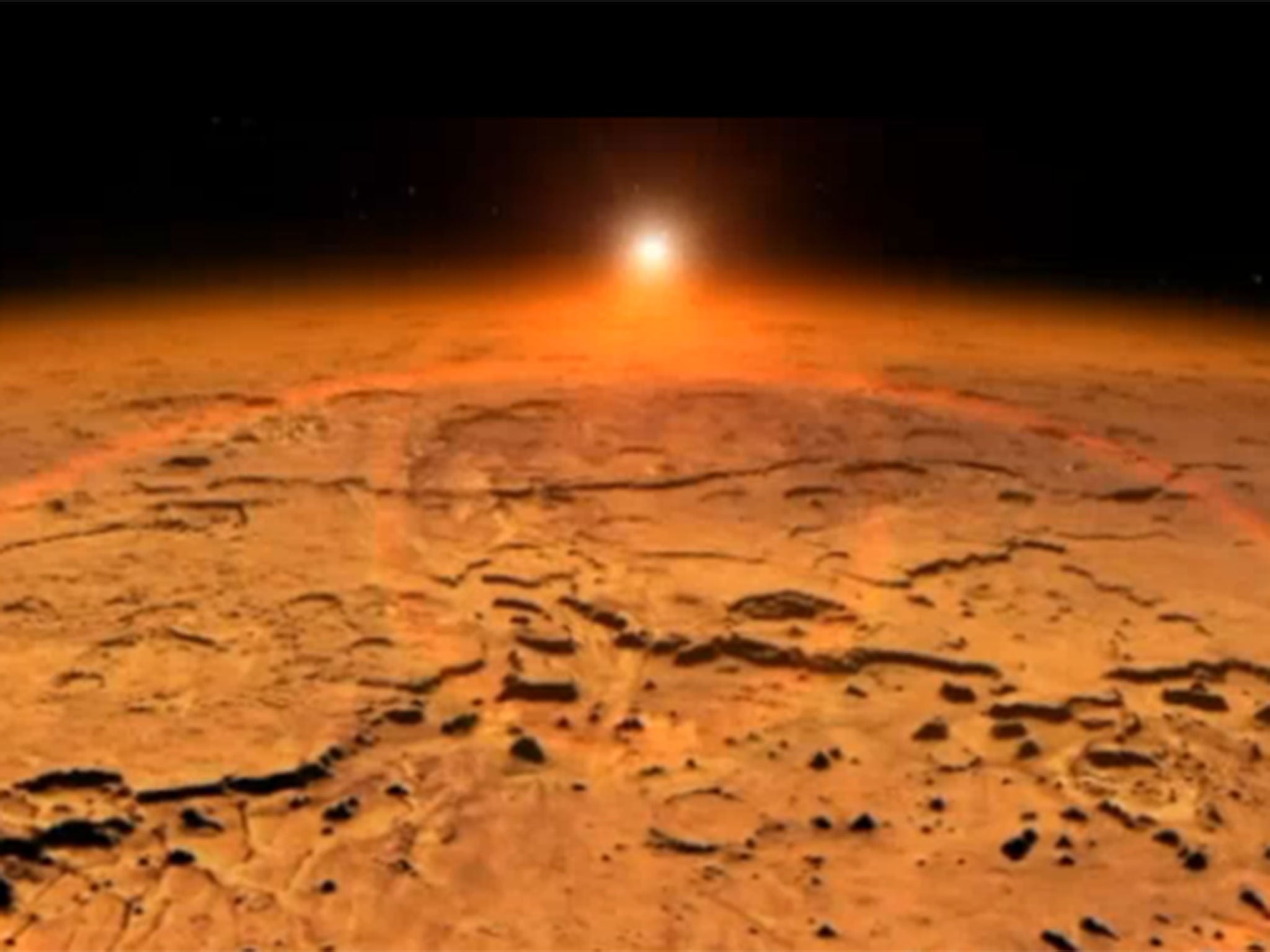Plan to take lettuce to Mars could put life on red planet by 2018
Project plans to demonstrate the viability of growing food on Mars, for the humans that hope to arrive there in 2026

Lettuce could be the first life to land on Mars if a team of students succeeds in their plan to grow salad on the planet in 2018.
The project has been launched by a team from the University of Southampton and is asking for votes from the public to allow it go ahead.
The lettuces will be taken by a lander sent to the planet in 2018 by Mars One — the not-for-profit foundation that hopes to establish a human settlement on the planet by 2026 as part of a mission that will be funded by a reality TV show.
Project leader Suzanna Lucarotti said: “To live on other planets we need to grow food there. No-one has ever actually done this and we intend to be the first.
“This plan is both technically feasible and incredibly ambitious in its scope, for we will be bringing the first complex life to another planet.”
When the seeds arrive on Mars, they will be grown in an aluminium and polycarbonate greenhouse, in an area that could be where humans eventually settle when they arrive on the planet.
Sunlight is about 50% as strong on Mars, and days are about 40 minutes longer. That means the amount of light the lettuce will receive is comparable to an overcast winter’s day — enough to grow lettuce in, but the sun will be helped out by backup LEDs that will boost the light and help the lettuces grow more rapidly.
After it’s grown, the lettuce will be incinerated to ensure that no biological material is released onto Mars. When the mission is over a signal will be sent to the heaters that will kill all life in the payload.
The project chose lettuce because it is a widely studied species, largely as a result of it being edible, efficient in its use of space and its ease of transportation. Lettuce has been grown successfully in tough environments in space already, as well as on earth.
The lettuce will be stored as seeds on its journey, and will germinate upon arrival. While the team behind their project are confident that the seeds should be hardy enough to withstand the journey, there is not yet enough information about what temperatures the seeds will be subjected to in their journey to be sure.
The project is being run by a student team from the University of Southampton Spaceflight Society, which is the only UK entry selected for a shortlist of ten projects. The team says the project could be built now.
The team behind the project conducted an “Ask Me Anything” on Reddit yesterday. Most of the posters in the session worried about the implications of taking life to Mars — both the danger of breaking a UN treaty that regulates how space travel works, and of accidentally growing new kinds of life.
When one poster explained that the destruction will prevent any risk of contamination, most seemed calmed. But others were still worried.
“Fine, but don’t be surprised when that lettuce gives birth to baby velociraptors,” said one user.
Join our commenting forum
Join thought-provoking conversations, follow other Independent readers and see their replies
Comments
Bookmark popover
Removed from bookmarks